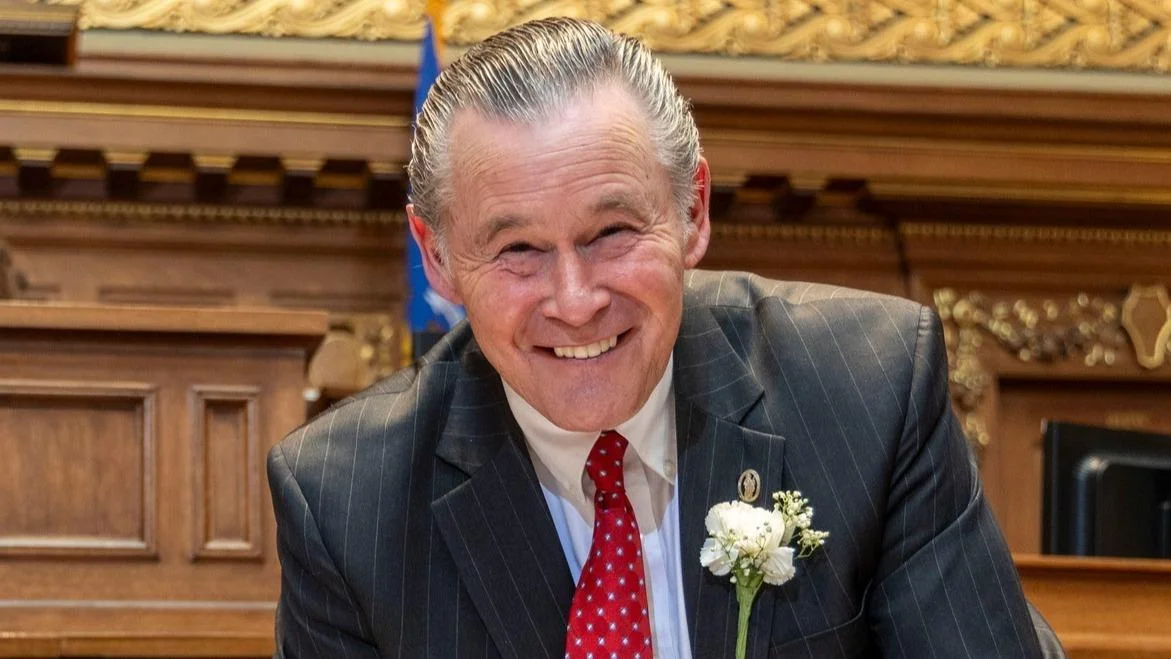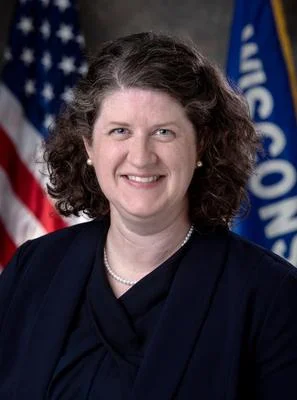Robert G. Donovan, Wisconsin State Representative for 81st District | Official Website
Robert G. Donovan, Wisconsin State Representative for 81st District | Official Website
According to the Wisconsin State Legislature's official website, the bill was described as follows: "a grant program for the purchase of automated registration plate reader systems. (FE)".
The following is our breakdown, based on the actual bill text, and may include interpretation to clarify its provisions.
In essence, this bill establishes a grant program, administered by the Wisconsin Department of Justice, to provide funding for law enforcement agencies to purchase automated registration plate reader systems. The program mandates that at least 50% of the grant funds be allocated to agencies located in rural areas, defined as cities, towns, or villages with populations under 20,000 that are at least 15 miles from larger municipalities. Eligible agencies must submit an application along with a proposed expenditure plan for the grant monies. The bill is intended to enhance public safety and assist law enforcement in crime detection and prevention.
The bill was co-authored by Senator Jesse L. James (Republican-23rd District), Representative Lindee Rae Brill (Republican-27th District), Representative Calvin T. Callahan (Republican-35th District), Representative Barbara Dittrich (Republican-99th District), Representative Dean Kaufert (Republican-53rd District). It was co-sponsored by Senator Van H. Wanggaard (Republican-21st District), along six other co-sponsors.
Bob G. Donovan has co-authored or authored another 65 bills since the beginning of the 2025 session, with none of them being enacted.
Donovan graduated from St. Francis De Sales Seminary and again from the University of Wisconsin- Milwaukee.
Donovan, a Republican, was elected to the Wisconsin State Assembly in 2025 to represent the state's 61st Assembly district, replacing previous state representative Amanda Nedweski.
In Wisconsin, the legislative process starts when a senator, constituent, group, or agency proposes an idea for a bill. After drafting, the bill is introduced, numbered, and referred to a committee for review and public input. If approved, it moves through three readings and votes in both the Senate and Assembly. Once both chambers pass the same version, the bill goes to the governor, who can sign it, veto it, or let it become law without a signature. Only a small share of bills introduced each session ultimately become law. You can learn more about the Wisconsin legislative process here.
| Bill Number | Date Introduced | Short Description |
|---|---|---|
| AB300 | 06/06/2025 | A grant program for the purchase of automated registration plate reader systems. (FE) |
| AB278 | 05/30/2025 | Grants to law enforcement agencies for data-sharing platforms |
| AB250 | 05/08/2025 | Funding for the War Memorial Center and making an appropriation. (FE) |
| AB175 | 04/15/2025 | Requiring periodic inspections of parking structures |
| AB143 | 03/17/2025 | Allowing an unlicensed person to use a motor vehicle and providing a penalty |
| AB138 | 03/17/2025 | Jailers and protective occupation annuitants in the Wisconsin Retirement System who are rehired by a participating employer. (FE) |
| AB91 | 02/28/2025 | The requirement that first class cities and first class city school districts place school resource officers in schools. (FE) |
| AB85 | 02/28/2025 | Recommendation to revoke extended supervision, parole, or probation if a person is charged with a crime. (FE) |
| AB78 | 02/28/2025 | Impoundment of vehicles used in certain reckless driving offenses. (FE) |
| AB77 | 02/28/2025 | Registration plate concealment devices and providing a penalty |
| AB75 | 02/28/2025 | Department of Justice collection and reporting of certain criminal case data. (FE) |


 Alerts Sign-up
Alerts Sign-up